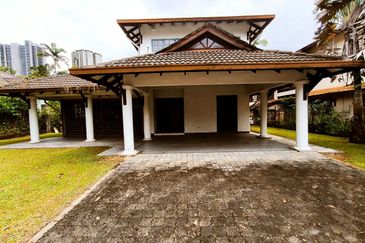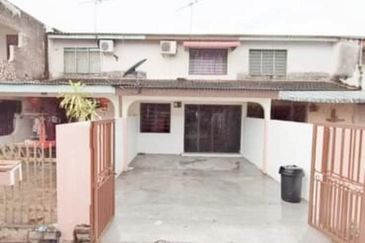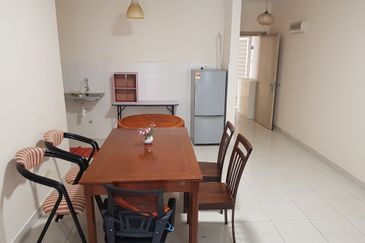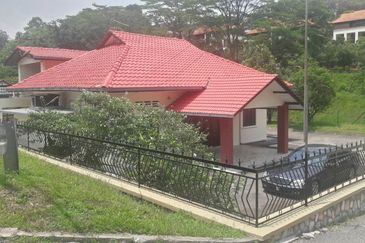
PETALING JAYA (Nov 9): The extension of the stamp duty exemptions for instrument of transfer and loan agreement for first-time home purchase priced up to RM500,000 to 2025 is only an extension of the stamp duty exemptions provided in Budget 2019-20, says Affin Hwang Capital senior associate director, equity research Loong Chee Wei.
“This provides some additional stamp duty savings for the purchase of first-time homes priced from RM300,000 to RM500,000. However, factors such as home affordability, job security and tight bank lending requirements remain the key concerns for Malaysians, which are reasons that most are holding back home purchases currently,” said Loong in an email reply to EdgeProp.my.
Read other Budget 2021 news on EdgeProp.my/Budget2021
Back in Budget 2019, a stamp duty waiver for residential homes valued up to RM300,000 on the instrument of transfer and loan agreement was offered, while for properties priced from RM300,000 to RM1 million, stamp duty charges were also waived. This was applicable for first-time homebuyers only.
Nevertheless, Loong notes that this is an expansionary and people-friendly budget that provides support to SMEs and people that are affected by the adverse impact of the Covid-19 pandemic.
“There are also measures to support economic recovery in 2021 and beyond, such as higher infrastructure and education spending, and incentives to drive the digitalisation of the economy. The extension of the stamp duty exemptions for instrument of transfer and loan agreement for first-time home purchase priced up to RM500,000 to 2025 will support homeownership in the long run,” said Loong.
However, he also highlighted that there are no new measures in Budget 2021 that will spur property investors’ interest.
“Previous incentives granted under the PENJANA stimulus package such as real property gains tax and stamp duty waivers, and removal of the 70% loan margin for third house will continue to encourage property investment. However, property market sentiment remains weak and we believe property investors remain cautious,” he explained.
He added that there is also a lack of measures to spur investment and earnings growth for the corporate sector such as corporate tax cuts, which also drives capital market activities.
“But this is expected, given the budget constraints faced by the government due to the higher operating and development expenditure to support economic growth,” he said.
Get the latest news @ www.EdgeProp.my
TOP PICKS BY EDGEPROP

Bandar Baru Sri Petaling
Bandar Baru Sri Petaling, Kuala Lumpur

Eco Botanic
Iskandar Puteri (Nusajaya), Johor

Vista Seri Alam, Bandar Baru Seri Alam
Masai, Johor

Damansara Heights (Bukit Damansara)
Damansara Heights, Kuala Lumpur





















